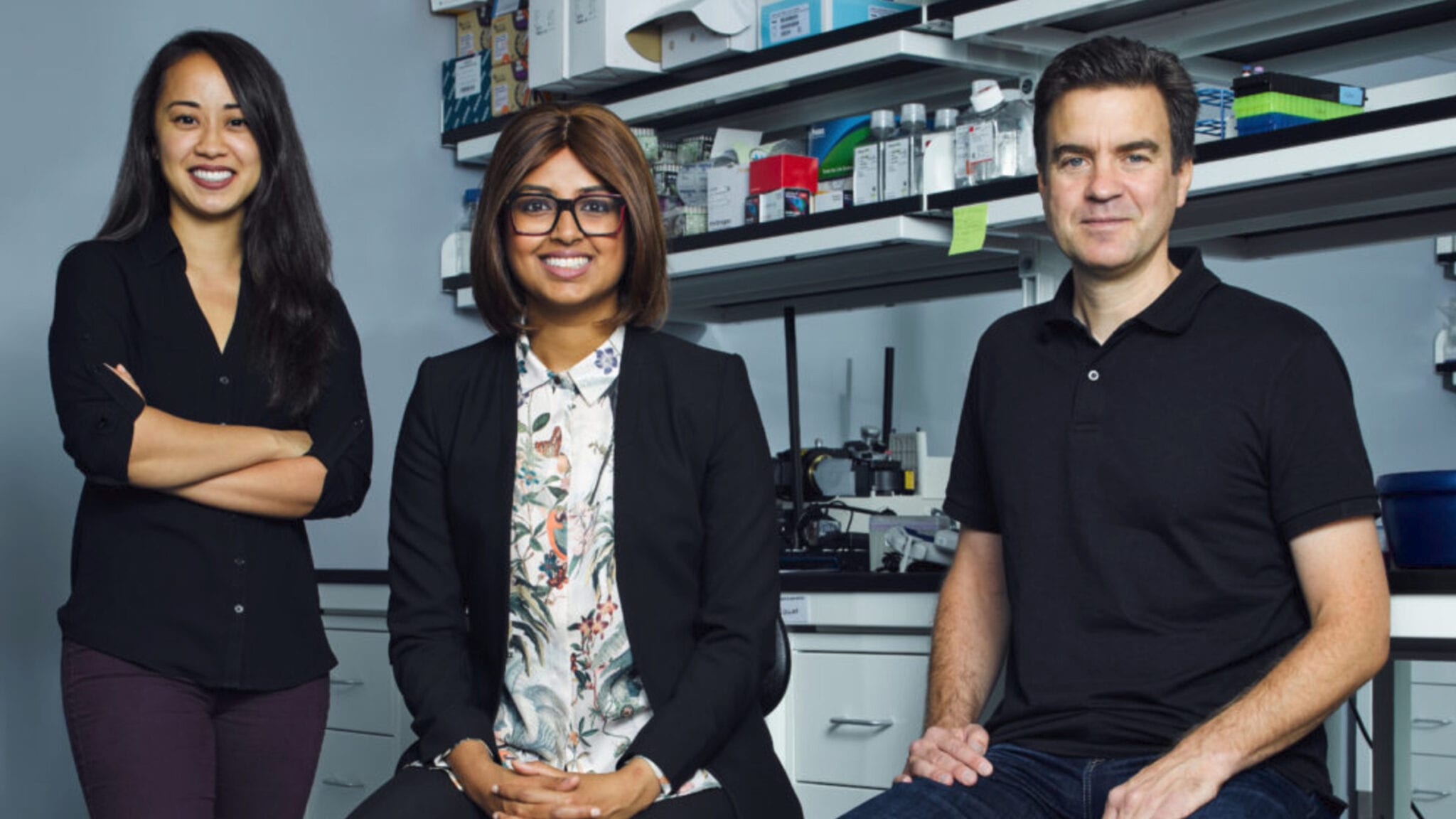
(From left to right) Cellino co-founders Marinna Madrid, Nabiha Saklayen, and Matthias Wagner
Khosla Ventures helps seed a next-gen regenerative medicines startup boasting AI-based stem cell culturing technology
A startup in the bustling Boston-area biotech hub hopes its new technology has solved a time-consuming aspect of developing drugs that rely on cell therapy …
Sign up to read this article for free.
Get free access to a limited number of articles, plus choose newsletters to get straight to your inbox.